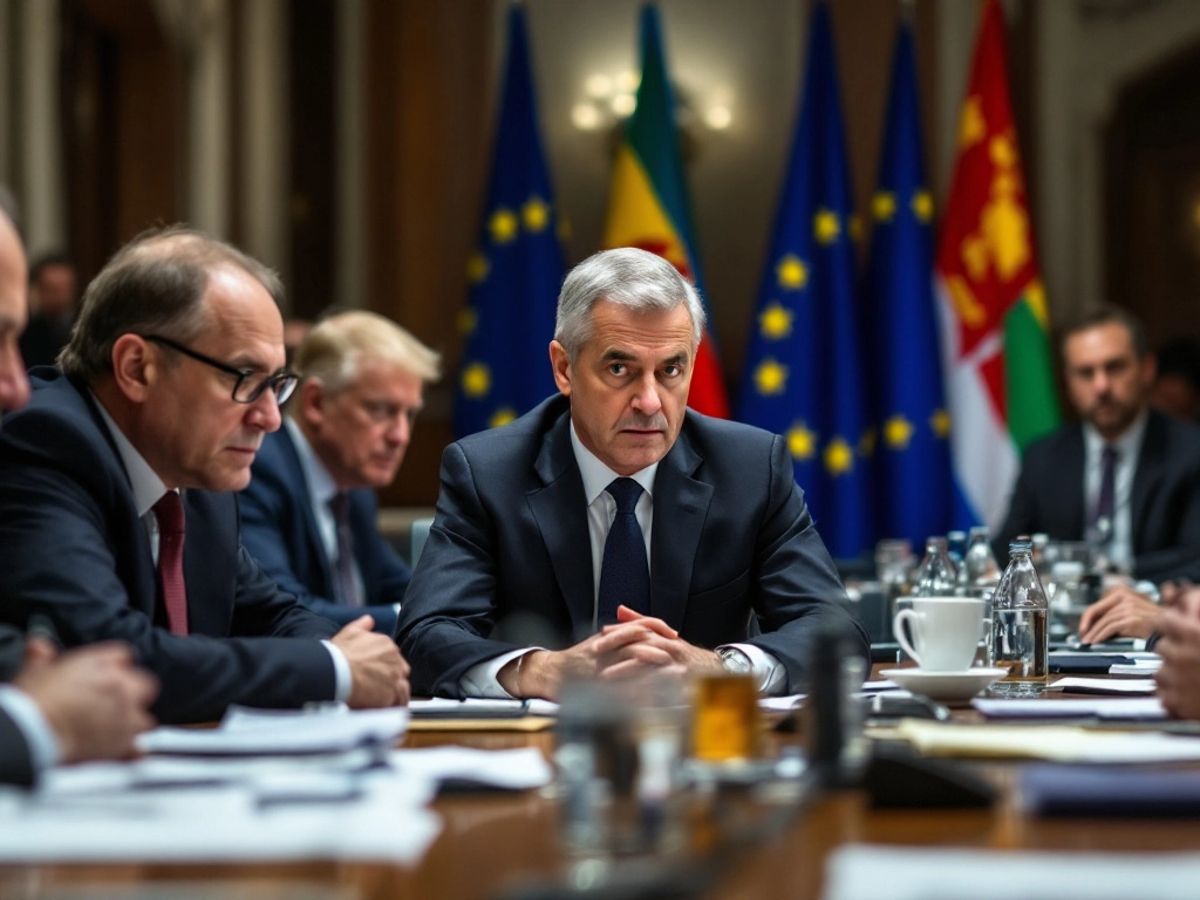European Commission President Ursula von der Leyen has publicly condemned Russia’s disinformation efforts aimed at destabilizing democracies in the Western Balkans. During a recent press conference in Kosovo, part of her tour of aspiring EU member states, she highlighted the EU’s commitment to countering misinformation and exposing Russian propaganda.
Key Takeaways
- Ursula von der Leyen criticized Russia’s disinformation tactics in the Western Balkans.
- The EU is actively working to debunk misinformation and promote transparency.
- The Western Balkans are particularly vulnerable to Russian influence operations.
- Recent research indicates that Russia uses propaganda to hinder EU integration for these countries.
The Context of Disinformation
The Western Balkans, which include Albania, Bosnia and Herzegovina, North Macedonia, Montenegro, Kosovo, and Serbia, have been identified as susceptible to Russian influence. This vulnerability is exacerbated by a lack of resources and clear editorial policies in the region’s media landscape.
In September, investigations by Radio Free Europe/Radio Liberty revealed a pro-Kremlin disinformation network that disseminates artificially generated news articles, often sourced from Russian media outlets that are banned in the EU. This network aims to manipulate public perception and sow discord among the nations of the Western Balkans.
The Role of Social Media
Ukrainian researchers have found that Russia primarily utilizes Telegram channels to spread its narratives, targeting the Western Balkans to impede their integration into the EU. This tactic not only undermines democratic processes but also creates a climate of distrust among the populace.
The Situation in Kosovo
Kosovo, in particular, faces significant challenges due to Russian disinformation. A report by the local investigative nonprofit BIRN highlights issues such as insufficient funding, limited human resources, and external influences that hinder the country’s ability to combat misinformation effectively.
Von der Leyen emphasized the importance of standing firm against these false narratives, stating, "We see that Russia is trying to spread its false narrative without success, and that it is possible for us to stand up with the truth, with transparency, and with very clear messaging."
The Broader Implications
The risks associated with disinformation have become increasingly apparent, especially following Russia’s aggressive actions in Ukraine. The EU’s efforts to counter these campaigns are crucial not only for the stability of the Western Balkans but also for the integrity of democratic institutions across Europe.
As the EU continues to work towards debunking misinformation, the need for collaboration among member states and aspiring members becomes ever more critical. The fight against disinformation is not just a regional issue; it is a challenge that affects the entire European community.
Sources
- EU president denounces Russian influence campaigns targeting Western Balkans, The Record from Recorded Future News.






